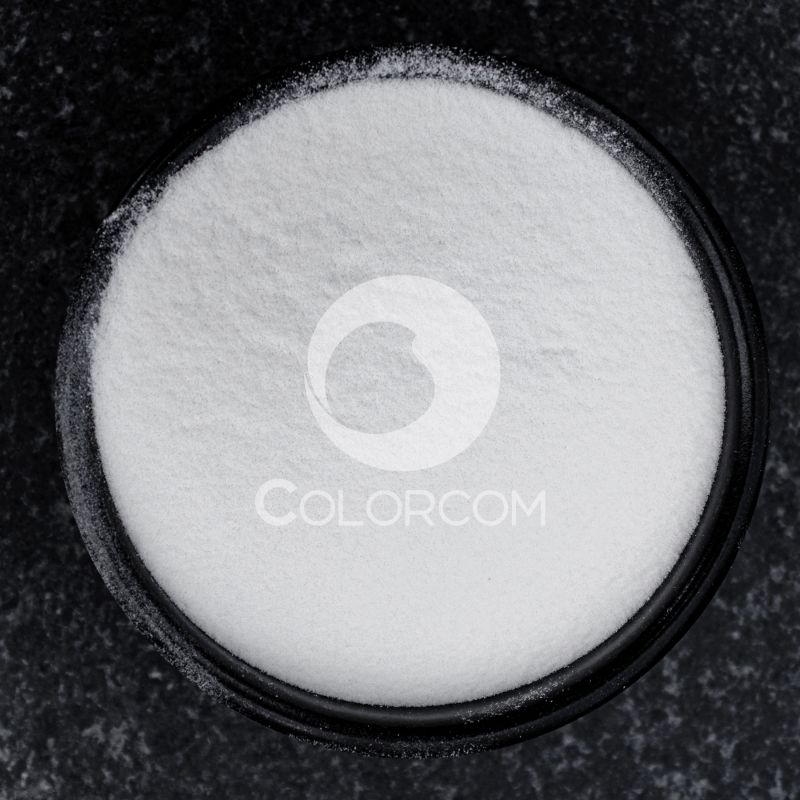High-Substitute Hydroxypropyl Cellulose | H-HPC | 9004-64-2
High-substituted hydroxypropyl cellulose prepared by homogeneous method and its clouding and self-assembly behaviorsHydroxypropyl cellulose (HPC) is a sustainable cellulose derivative valued for its excellent biocompatibility and solubility and is widely used in various fields. Recent scientific research on high-substituted HPC mainly focused on its efficient preparation and phase transition behavior. Herein, a novel strategy of high-substituted HPC synthesis was demonstrated by employing DMSO/TBAF·3H2O as a cellulose solvent, exhibiting more efficiency than traditional approaches. High-substituted HPC prepared has remarkable thermal stability, exceptional hydrophilicity, and satisfactory solubility. Phase transition behavior of HPC with varying molar degrees of substitution (MS) was delved and a notable negative correlation between MS and cloud point temperature (TCP), was revealed, particularly evident at an MS of 12.3, where the TCP drops to 33 °C. Moreover, a unique self-assembly behavior featuring structural color and responsiveness to force in a solvent-free environment emerged when the MS exceeded 10.4. These insights comprehensively strengthen the understanding and knowledge of high-substituted HPC, simultaneously paving the way for further HPC investigation and exploitation. Viscosity: 250-800 cP, 10 wt. % in H2O(25 °C)(lit.), powder, 20 mesh particle size (99% through).
H-HPC is widely used in industrial, advanced material, pharmaceutical, food additive, etc. As a food additive, hydroxypropyl cellulose is used as a thickener and as an emulsion stabilizer.











